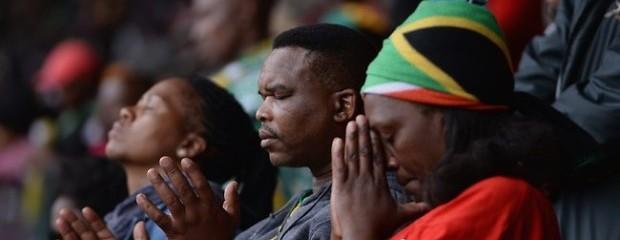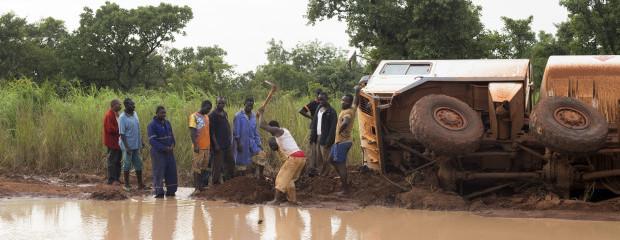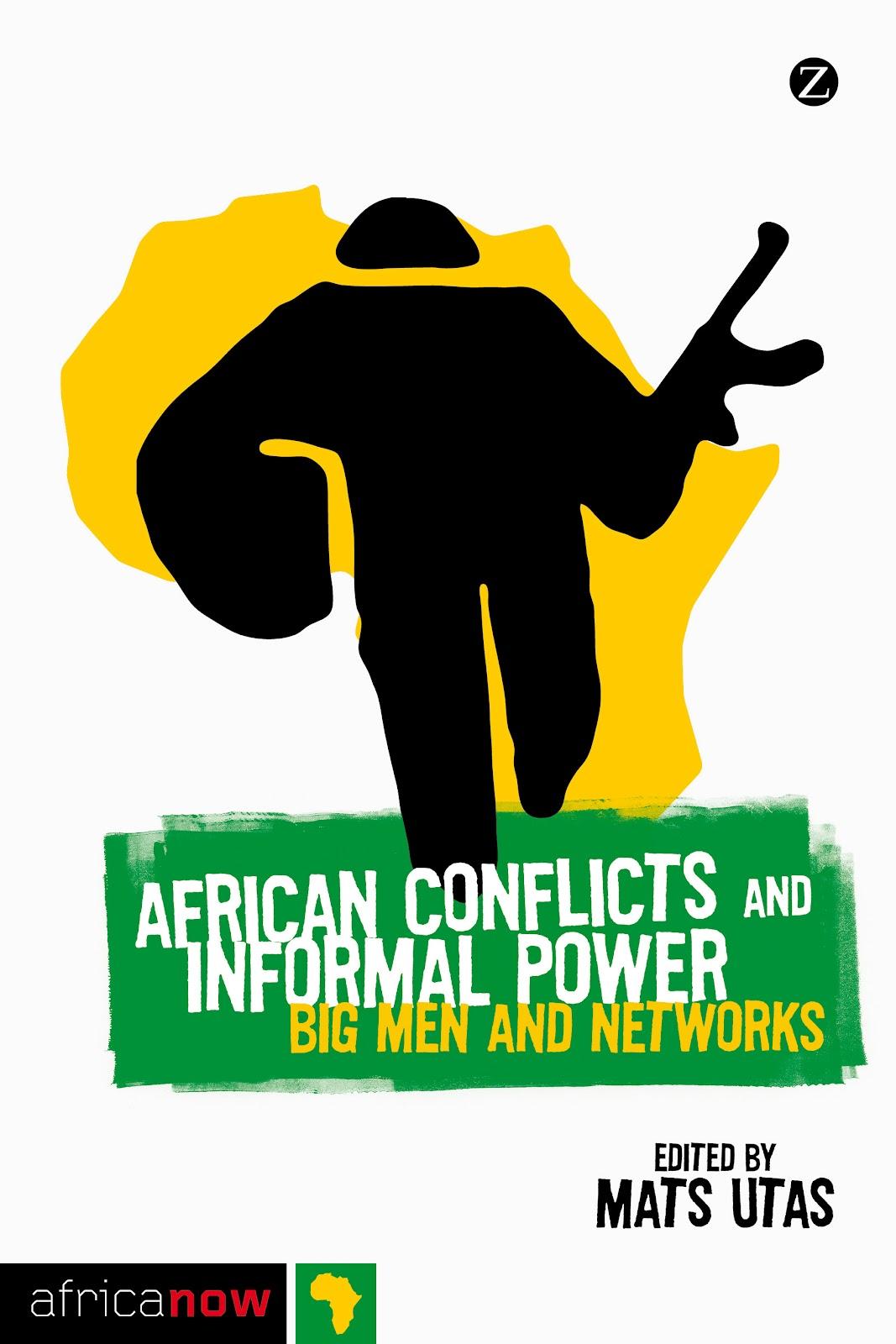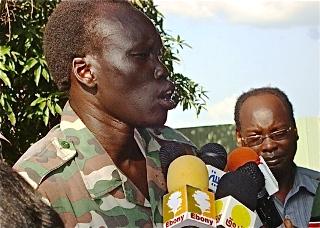Mandela: the memorial – By Richard Dowden

 I am fascinated by the line-up for the great memorial service for Nelson Mandela in the Soweto Stadium today. It is riddled with politics but two “˜constituencies’ have clearly captured it and organised it: the family and the African National Congress old guard.
I am fascinated by the line-up for the great memorial service for Nelson Mandela in the Soweto Stadium today. It is riddled with politics but two “˜constituencies’ have clearly captured it and organised it: the family and the African National Congress old guard.
First of all his family – on his own admission badly neglected by Mandela for much of his life. In death however they have seized control of the first half of the event. No less than six family members are giving speeches, two children and four grandchildren. But there is no speech for Makizwe, his eldest surviving child, who has recently emerged as spokesman for the family. I interviewed her in 1990 when Mandela was let out of prison. She was the only person I met there who had harsh words for him. But nor is there any sign of Mandla Mandela, now the chief of the Thembu clan, who controversially removed the bodies of three of Mandela’s dead children in 2001 and reburied them in a grave near his village, Mvezo, to create a Mandela theme park. A court ordered the bodies to be returned but the incident split the family deeply.
The other speaker in the first half is Andrew Mlangeni, imprisoned on Robben Island at the same time as Mandela but who has played no significant role in forging the new South Africa. He might be thought of as the last of the Robben Islanders although Ahmed Kathrada who was closest to Mandela, after Walter Sisulu, is not listed to speak.
The political choices are equally fascinating. Cyril Ramaphosa, the Deputy President, gets to open the event. He was Mandela’s original choice as his successor as president but Mandela was persuaded by Sisulu, his close political mentor, to support Thabo Mbeki instead. Ramaphosa, the former mineworkers union boss, stepped back and went into business, becoming extremely rich. But in 2012 Ramaphosa was brought back as Deputy President. Zuma needed someone to reassure business in South Africa.
The second part of the ceremony has been captured by the party – or at least that part of the party which is still stuck in the struggle. Since the government has failed to deliver on its promises for better living conditions, better schools and more jobs, the easiest way of securing support is to sing the struggle songs and recall the ANC as the party that won the battle against Apartheid. This funeral is the perfect opportunity. After the UN Secretary General, Ban Ki-Moon, and Chair of the African Union, Mrs Nkosazana Dlamini Zuma, President Obama gets a speech. I guess they had to let him, although the US presidency’s record of protecting apartheid South Africa pre-1990 is shameful. In 1986 Congress passed a bill imposing sanctions on apartheid South Africa but it was vetoed by President Reagan. In an extraordinary move Congress then overturned the presidential veto.
Then there is a speech from the President of Namibia, whose independence from South African rule was only achieved in 1990 and whose liberation movement, SWAPO, was a close ally of the ANC. And then there is a speech from the only surviving regime in the world which supported the ANC’s armed struggle, Cuba. Had the Soviet Union and East Germany still been in existence presumably they too would have been invited to speak. There is no sign of Mr Putin.
But then there is a clear statement of where South Africa sees itself today. The next speakers are the presidents of Brazil and India and the vice-president of China, three members of the BRIC nations. Though an economic minnow compared to the others, South Africa is desperate to be taken seriously as the 5th BRIC after being ushered into the club in 2010.
Despite miles of newsprint telling us how close relations were between Mandela and Britain none of the four prime ministers, past or present, are given a slot. One thing is clear – this funeral was not organised by Mandela himself.
Richard Dowden is Director of the Royal African Society and author of Africa; altered states, ordinary miracles. For more of Richard’s blogs click here. Follow Richard on twitter @DowdenAfrica







I felt this memorial service to the WORLD’S Madiba, was a joke, badly organised and even some of the dignitaries were aware that they were in “darkest Africa” they were chatting and laughing, but that was the theme, a joke. Where in the world would you have a service where a King/President or great man, as was Mandela, with crowds of unruly citizens doing as they want. So yes, it was an embarrassment, I feel strongly about this, as the majority of South Africans talk about “dignity” and wanting it, but they don’t show it! I am surprised that cows were not sacrificed at the stadium as well, but that will be done at the estates of the Mandela families. It was a politically staged service to benefit the ruling party. Now we will sit back and see how the Mandela families quibble and argue over “Mandela Money” great shame. It would have been more appropriate if he had a simple memorial service. Leaders could have stayed in their comfy seats and Sent their condolences via satellite!